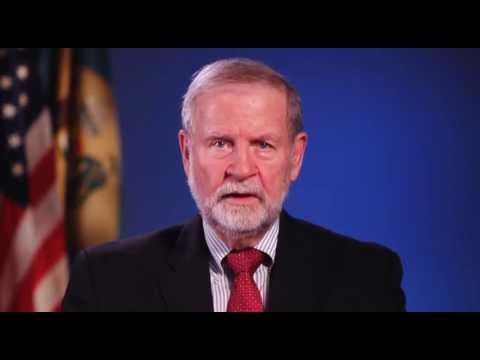This is awesome, just the kind of stuff I love.
You will no doubt recall, through the writings of Cassandra and others, that Delaware utilities currently cannot offer their customers consumer conservation programs that would save the consumer money and reduce energy usage.
You also know that a bill designed to permit utilities to offer these programs was buried in the Senate Energy Committee, where it had languished for over a year under the watchful eye of SEU founder and Senator Harris McDowell.
Which brings us to last night, and, for that matter, this morning. At 3:21:05 am, to be precise.
No, Sen. McDowell did not relent, nor did he release HB 179 from committee.
So, how did this get done? Well, it just so happens that a Sunset Committee bill revising the operations of the Strategic Energy Utility (SEU) had passed the Senate back on June 17 by unanimous vote, but had not yet been worked in the House.
Last night, it passed the House, but with an amendment that, in effect, delivers the consumer conservation programs enumerated in HB 179.
It’s all in House Amendment 2 to SB 150. If this amendment can’t be defined as sheer genius, then it at least deserves the extreme cleverosity label. Wonder how many lawyers pored over this one…
You see, it was nowhere near as simple as just grafting HB 179 onto SB 150. HB 179 amends Title 26 of the Delaware Code, while SB 150 amends Title 29 of the Delaware Code. The Delaware Constitution prohibits the enactment of a bill when the bill’s title does not comport with the body of the bill. And you can’t amend the title of a bill to, say, change Title 29 to Title 26. And, proponents of these programs didn’t want them to be subject to the whims and caprices of the SEU. And the title of SB 150 is/was: AN ACT TO AMEND TITLE 29 OF THE DELAWARE CODE RELATING TO SUSTAINABLE ENERGY UTILITY.
Here’s how HA 2 addresses this conundrum. When permitting the delivery of these programs, the amendment states that they can be delivered ‘in collaboration with the Sustainable Energy Utility as described herein’.
The amendment then creates an advisory council to recommend ‘candidate energy efficiency, and reduction, and emission-reducing fuel-switching program elements that are cost-effective, reliable, and feasible, including financing mechanisms’. What about the SEU, you may ask. The SEU indeed has members on this council. 2 out of 13, to be exact. In other words, the amendment does relate to the Sustainable Energy Utility in that the SEU still has minimal impact on what programs will be approved. Here is the amendment’s synopsis:
This amendment addresses the expansion of cost-effective energy programs under the direction of an advisory council composed of members of the Sustainable Energy Utility and others. The SEU will collaborate with affected energy providers on a common marketing platform for these programs.
Further, this amendment will reduce average customer energy bills and will create local jobs by driving investments in energy efficiency that displace more expensive energy supply purchases. Energy efficiency investments create in-state jobs, lower energy bills for Delaware consumers and businesses, prevent dollars from being sent across borders, encourage the development of skilled energy professionals and labor force in Delaware, stimulate innovation, and cause a reinvestment of Delaware dollars in Delaware. Efficiency investments lead to substantial environmental and health benefits from reduced air pollution, make homes healthier and more comfortable, increase grid reliability, decrease vulnerability to energy price spikes, increase energy security, and boost the economy.
If the second paragraph of that amendment synopsis looks familiar, it should. It’s pretty much verbatim from the synopsis of HB 179.
Here are the House and Senate roll calls on SB 150. Yes, Sen. McDowell voted yes.
Did I mention that I love stuff like this? I love stuff like this!
